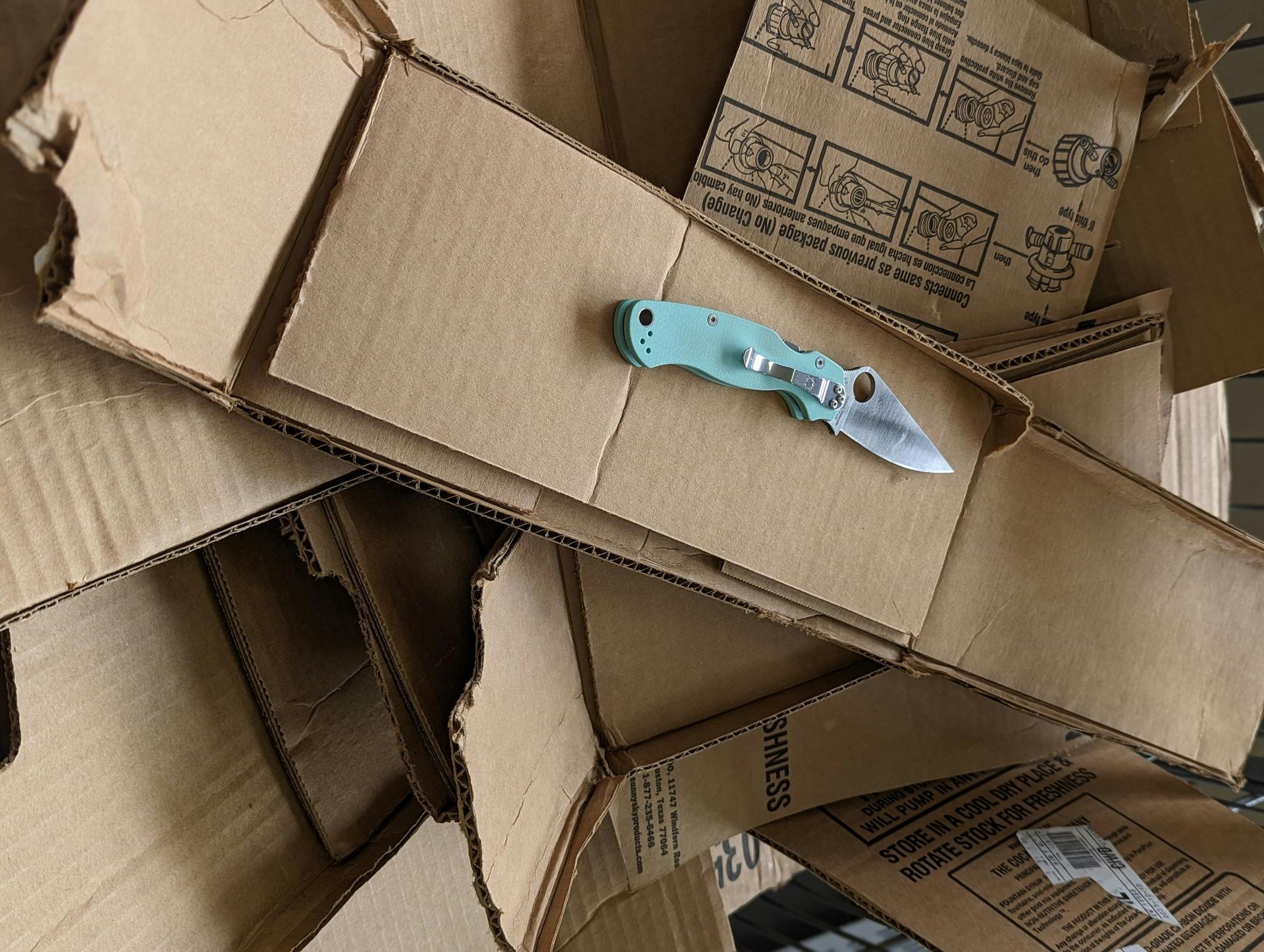Cardboard Recycling
The Environmental Impact of Cardboard Recycling Services: Turning Trash into Treasure

In today's world, where environmental consciousness is on the rise, the significance of recycling cannot be overstated. Among the myriad of materials we recycle, cardboard stands out as one of the most widely used and easily recyclable materials. With the increasing focus on sustainability, cardboard recycling services have emerged as a crucial component of waste management systems worldwide. In this blog post, we delve into the environmental impact of cardboard recycling services, exploring how they contribute to conservation efforts and pave the way towards a greener future.
Understanding Cardboard Recycling
Cardboard is ubiquitous in our daily lives, from packaging materials to shipping boxes. It is lightweight, versatile, and durable, making it an ideal choice for various industries. However, its widespread use also means significant waste generation. Fortunately, cardboard is highly recyclable, with the potential for multiple lifecycles through the recycling process.
Reducing Landfill Waste
One of the most significant benefits of cardboard recycling services is the diversion of waste from landfills. When cardboard ends up in landfills, it contributes to environmental pollution and takes up valuable space. By recycling cardboard instead of disposing of it, we can significantly reduce the strain on landfill capacities and minimize the associated environmental risks, such as groundwater contamination and greenhouse gas emissions.
Conserving Resources
Cardboard recycling also plays a crucial role in conserving natural resources. Producing cardboard from recycled materials requires significantly less energy and water compared to manufacturing it from raw materials. By recycling cardboard, we can conserve trees, water, and energy, thus mitigating the environmental impact associated with traditional cardboard production processes.
Energy Savings and Emissions Reduction
The recycling process itself offers environmental benefits by saving energy and reducing greenhouse gas emissions. Recycling cardboard consumes less energy than manufacturing new cardboard from virgin materials. Additionally, it produces fewer greenhouse gas emissions, helping to combat climate change and air pollution.
Economic Opportunities
Beyond its environmental benefits, cardboard recycling services also create economic opportunities. Recycling facilities employ workers and contribute to local economies. Moreover, the recycled cardboard can be processed and sold to manufacturers, closing the loop in the supply chain and promoting a circular economy model.
Community Engagement and Awareness
Cardboard recycling services also foster community engagement and raise awareness about environmental issues. By providing accessible recycling options and educating the public about the importance of recycling, these services empower individuals to take proactive steps towards sustainability. Furthermore, they encourage businesses to adopt eco-friendly practices, driving broader societal change.
Innovations in Recycling Technology
Advancements in recycling technology have further enhanced the efficiency and effectiveness of cardboard recycling services. Innovations such as automated sorting systems and improved material recovery techniques have streamlined the recycling process, allowing for higher recovery rates and better quality recycled materials. These technological advancements contribute to the scalability and sustainability of cardboard recycling efforts.
Challenges and Opportunities for Improvement
While cardboard recycling services offer numerous environmental benefits, they are not without challenges. Contamination, inadequate infrastructure, and fluctuating market demands are some of the hurdles faced by the recycling industry. However, these challenges also present opportunities for innovation and improvement. Investing in education, infrastructure, and research can help overcome barriers and optimize cardboard recycling systems for greater efficiency and impact.
Conclusion
In conclusion, cardboard recycling services play a vital role in preserving the environment, conserving resources, and mitigating climate change. By diverting cardboard waste from landfills, reducing energy consumption, and promoting a circular economy, these services contribute to a more sustainable future. However, realizing the full potential of cardboard recycling requires collective effort and ongoing commitment from individuals, businesses, and policymakers alike. Through continued innovation, investment, and advocacy, we can maximize the environmental benefits of cardboard recycling services and pave the way towards a greener and more resilient planet.

